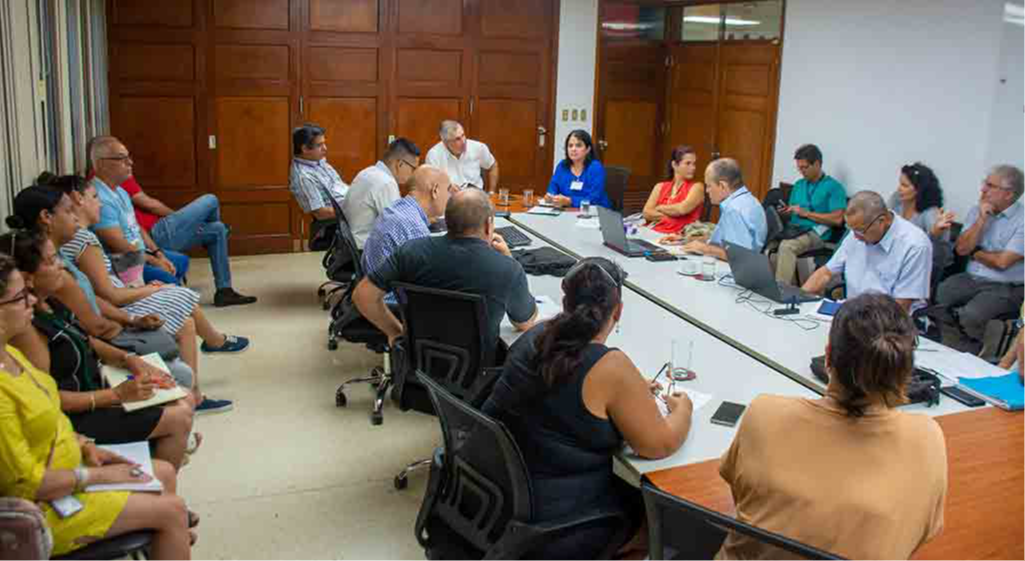
Havana September (RHC)-- Researchers from the Center for Genetic Engineering and Biotechnology of Cuba (CIGB) assessed on Wednesday the progress of national vaccine candidates against dengue, a disease that keeps the Caribbean country's health authorities on alert.
"Efforts are focused on the strategy that induces cellular immune response against the four serotypes of the virus," the CIGB underlined on Twitter.
The Aedes aegypti mosquito, the transmitting agent of dengue, demonstrated its ability to adapt to survive. The mosquito's egg can stay up to 13 months in the humid walls of a container, explained the First Deputy Minister of Public Health, Tania Margarita Cruz.
"That tank can move to another place, and after a year, when water falls on the eggs, they hatch, and the larvae come out. That is why it is so important to brush the tanks, to destroy the eggs," she said.
The high temperatures, she said, accelerate the hatching process, which is why most cases occur in the summer.
For its part, the Cuban Ministry of Public Health (Minsap) called for individual and family self-responsibility due to the increase in the number of dengue cases in the Caribbean.
Public Health minister José Ángel Portal insisted that this disease, like many others, can also lead to death.

